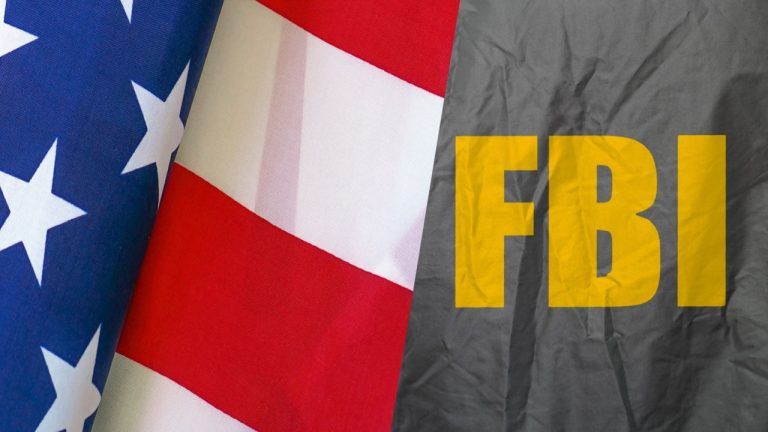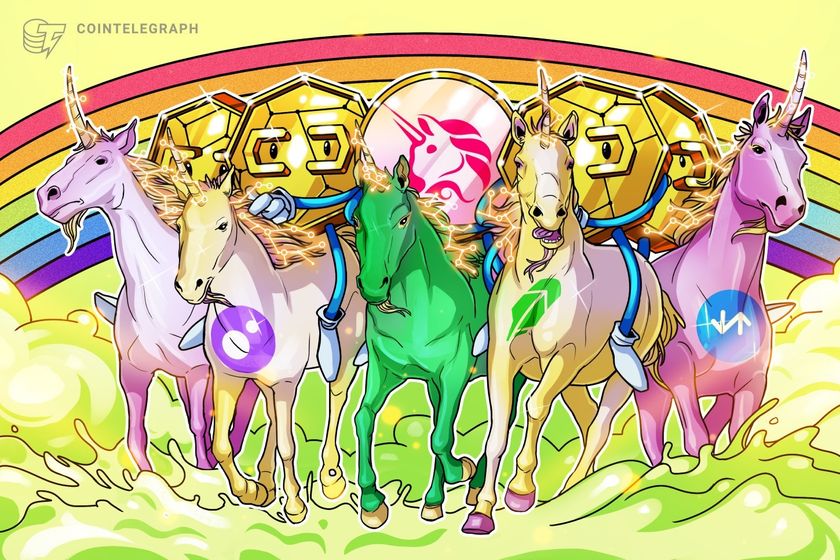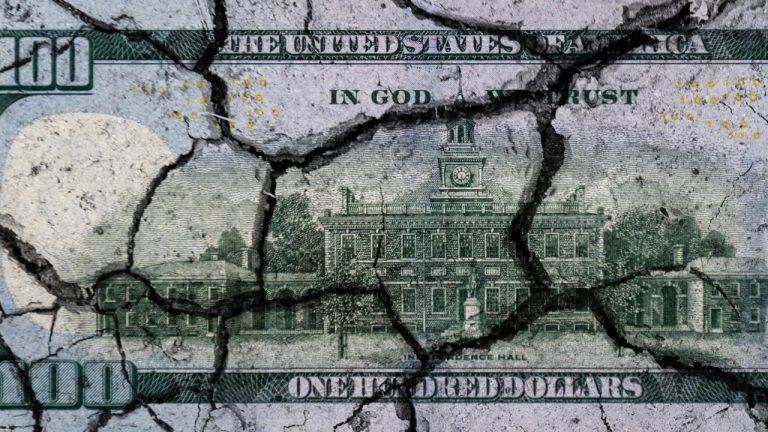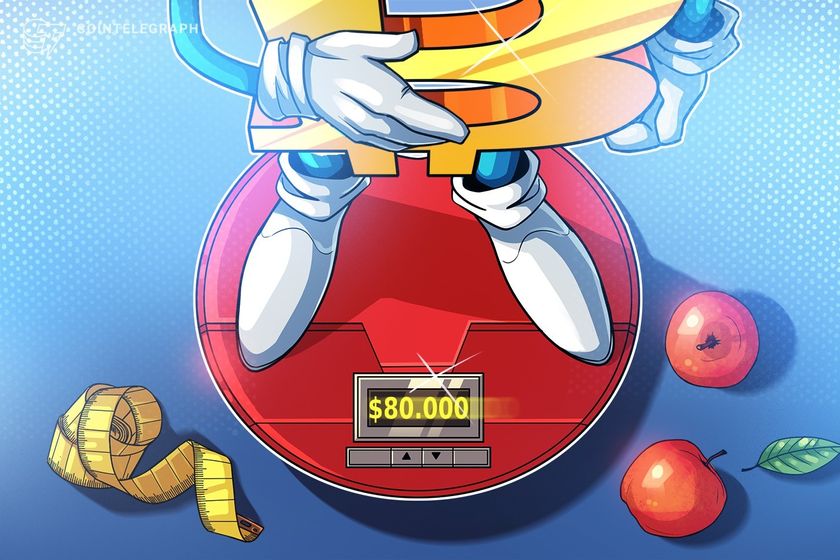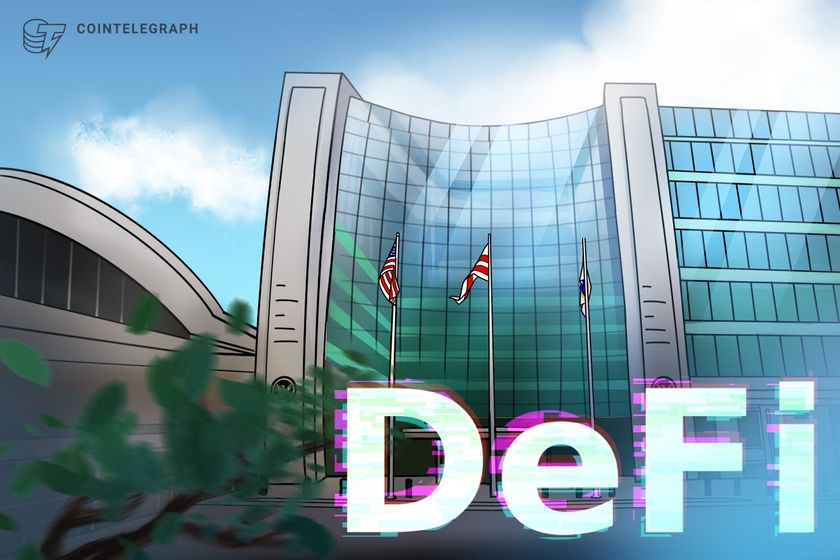
Blockchain – Might It Be the Answer to Redefining Finance
HodlX Guest Post Submit Your Post
With the breakneck speed at which technology has evolved over the last few decades, humanity has seen innovations that our forefathers couldn’t even have imagined.
From the first computers coming online, to the smartphones that are now globally connected and glued to everyone’s hands, technology has come a long way in a short time but nowhere is this revolution more obvious than in the sphere of modern finance.
As computers became more affordable, useful and available, banks quickly exchanged the pen for the printer, before these also got the boot, replaced by email and interconnected bits of software helping to track the flow of coins across the globe.
Little did anyone know that in 2008 a digital currency experiment called Bitcoin would usher in a financial revolution like no other. This technology is called blockchain.
Blockchain reaking money
Today, we are seeing extreme ups and downs in the money markets on a global scale, with inflation, interest rates and economic uncertainties affecting the value of those fancy pieces of paper we all use to buy things more than ever before.
Then, seemingly out of nowhere, in walks blockchain, and every head in the world of finance turns to look.
A blockchain is essentially just a very smart form of digital bookkeeping.
Instead of having all your records kept in one place, the blockchain is set up as a digital network that shares all the information it holds with everyone using it. Not impressed?
Well, Bitcoin was built on this new technology and served as the unwitting proof of concept that would usher in a new form of trade, named, ‘cryptocurrencies.’
Many of us have certainly heard of crypto, and it is estimated that the use of cryptocurrencies is quickly nearing the 500 million user mark.
This is great for crypto, but how does this impact the average Joe?
Interestingly, central banks have started turning their country’s entire currencies into digital money, often based on blockchain technology.
According to the World Economic Forum, 11 countries have already launched digital currencies, either fully or in pilot programs.
Whether these countries choose to use blockchain as the backbone of their new CBDC (Central Bank Digital Currency) matters little, as it is the success of blockchain-based cryptocurrencies that have forced their hand and launched the world into an age of digitizing money.
Use smart contracts
Smart contracts are usually just mentioned in passing by those praising the virtues of the blockchain, but they are perhaps one of the most revolutionary parts of this whole technology.
Simply put, a smart contract is a contract, but instead of having to get lawyers to help make sure that the agreement is respected, the contract is self-executing.
So, basically, the contracts are written into the blockchain with the terms coded in such a way that once all the predefined conditions are met, they will execute automatically.
This has profound implications for sectors such as supply chain management, real estate and intellectual property rights.
But as a practical example, let us look at an area where this is already being fairly widely used, namely, real estate.
Say, for instance, you want to rent out your apartment. In the old days, this would cause a bunch of headaches and paperwork.
But now, you can simply turn your home into an NFT (non-fungible token).
I know what you’re thinking isn’t an NFT that weird picture-buying thing that the nerds were into a while back? Yes and no.
When creating an NFT, you are just tokenizing real-world assets or in other words, creating a digital receipt for whatever it is that you own.
So, you make an NFT for your rental property, meaning that it is now on the blockchain.
Next, you set up a smart contract between yourself and the person who will be renting from you, stipulating that they will be taking temporary ownership of this NFT, which represents your property, for as long as all the requirements in the smart contract are met.
For instance, if the rent is paid on time, then your lease is renewed for the following month but if your rent is not paid, you will lose access to the NFT. The owner of the property can kick you out and the NFT will return to its master.
With this kind of setup, it becomes an easier task for you to enforce your rights and hold clear proof of any breach of contract.
The example above is oversimplified but it should serve to demonstrate how effective smart contracts can be.
There are also plenty of use cases that can be found in the fields of supply chain management, healthcare data management, insurance claims processing and gambling platforms, among many other uses.
Give the people blocks
Perhaps one of the most promising aspects of this whole blockchain thing is its potential to bring finance to the masses.
It is estimated that 1.7 billion adults globally remain unbanked, lacking access to any form of traditional financial services be it a basic bank account or access to a lender.
That is a lot of people who still need to get set up in the financial system if they ever hope to make it in this era of tech and connectivity.
Here, once again, blockchain steps in as a potential solution.
Because blockchain networks are primarily decentralized, it does not require a local branch in your community to be set up in order to do your banking, apply for a loan or get access to whatever other financial services you might need.
Blockchain is borderless, so it can easily provide these individuals with opportunities to engage in the financial world by connecting individuals directly to the global economy.
This all but closes the gap between the financially underserved and the established financial bourgeoisie.
Along with helping the unbanked to set up a financial identity, blockchain can significantly streamline financial processes that would otherwise take ages, with red tape tied around every step of the process.
Something as simple as a cross-border transaction can be marred by intermediaries, delays and high fees, all of which blockchain-based solutions can improve on without breaking a sweat.
A future of blockchain finance
Sure, there are many other virtues for which blockchain can be praised uch as maintaining trust in transactions and data integrity or the fact that the security features inherent in this technology nearly nullify cyberattacks.
But I think the examples above should serve to prove the point.
Notwithstanding everything that blockchain has already done for the world, it has the potential to be a transformative force in the financial industry.
As we watch innovators and policymakers continue to explore its capabilities, it is clear that blockchain has the potential to redefine finance and shape a more inclusive and efficient global economy.
Konstantin Rabin holds a Bachelor’s degree in International Business from the University of Groningen, the Netherlands. He has been working in the retail FX sector since 2010 and was heading the marketing department of one of the largest European brokerages and a financial data aggregation company.
Follow Us on Twitter Facebook Telegram

Disclaimer: Opinions expressed at The Daily Hodl are not investment advice. Investors should do their due diligence before making any high-risk investments in Bitcoin, cryptocurrency or digital assets. Please be advised that your transfers and trades are at your own risk, and any loses you may incur are your responsibility. The Daily Hodl does not recommend the buying or selling of any cryptocurrencies or digital assets, nor is The Daily Hodl an investment advisor. Please note that The Daily Hodl participates in affiliate marketing.
Featured Image: Shutterstock/Philipp Tur/Sensvector
The post Blockchain – Might It Be the Answer to Redefining Finance appeared first on The Daily Hodl.
Go to Source
Author: Konstantin Rabin
